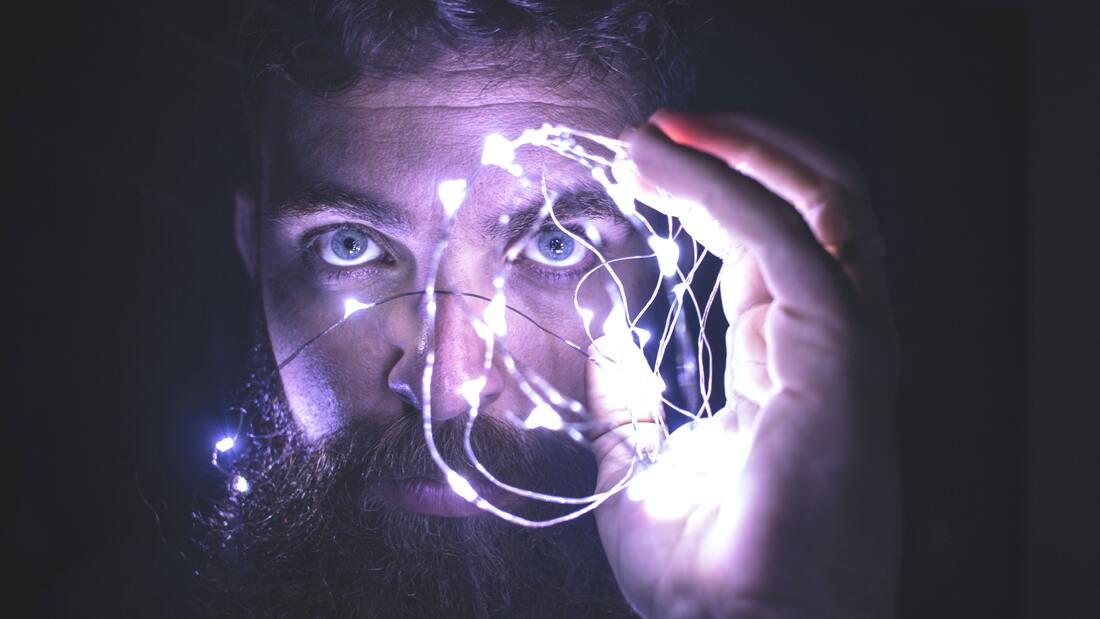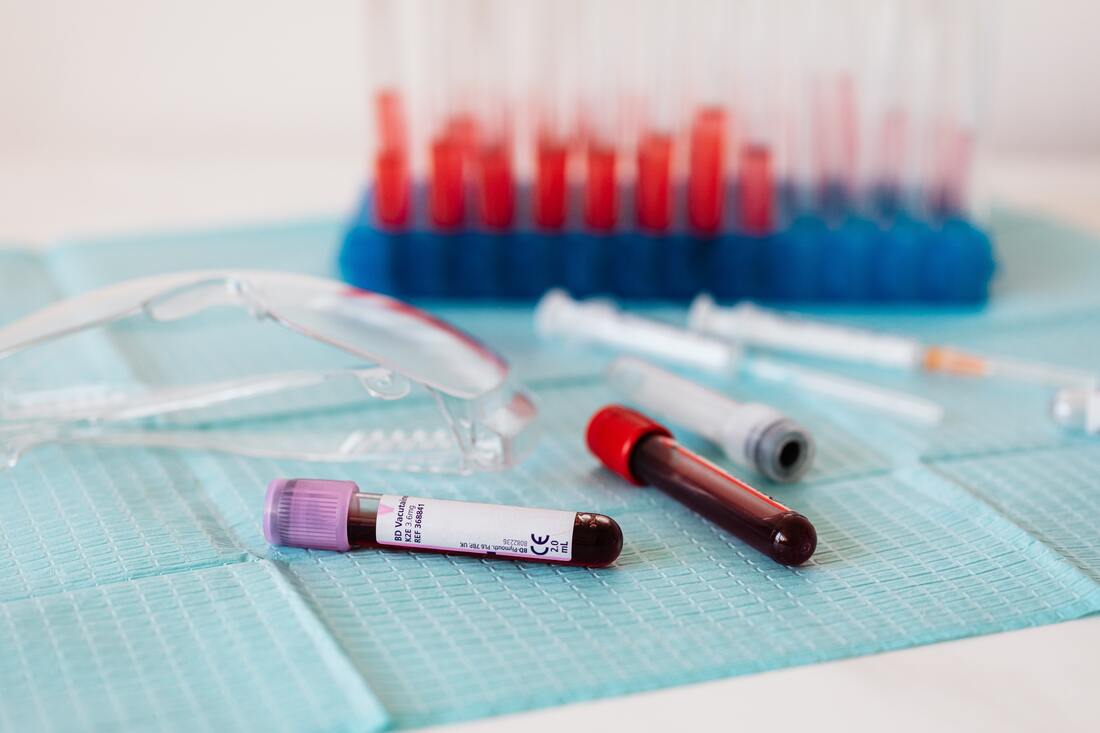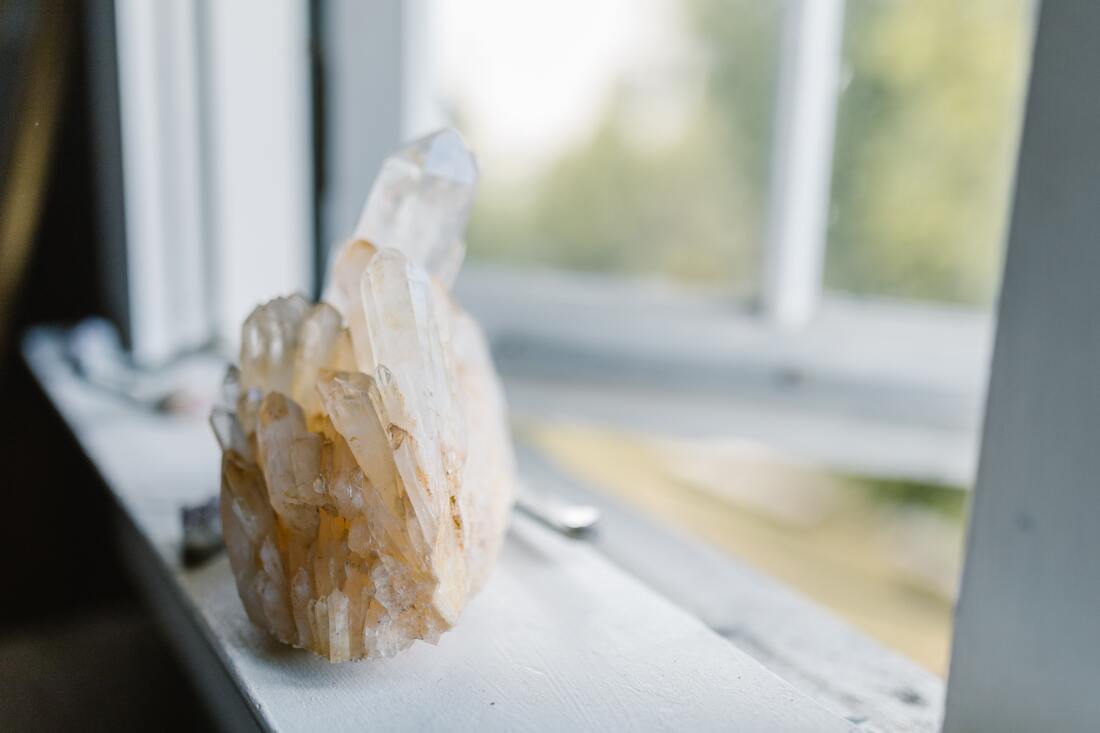What Is Deep Sleep?
Unlike Rapid Eye Movement (REM) sleep, deep sleep is characterized by slow eye movement and a downstate that allows your neocortical neurons to rest. Experiencing deep sleep each night is absolutely essential for waking up refreshed and feeling energized during the day. Sleep & Brain Detoxification
Importance of Melatonin
Melatonin helps to clean environmental toxins and other pathogens from your brain.
Improving Deep Sleep Here a few suggestions:
1. Good Sleep Habits A 2016 review published in Sleep has found that going to sleep and waking up around the same time supports your body’s circadian rhythm, or natural wake-sleep cycle
2. Reduce Stress & Practice Gratitude
3. Get Sunlight During the Day
4. Regular Movement & Exercise
5. Reduce Blue Light Exposure at Night
Dim your light in the evening. Use specific light dimming night bulbs. To reduce blue light exposure from your computer, laptop, tablet, phone, and other electronics, use blue light blocking glasses. Even if you are using these blue light blocking glasses, it’s important that you turn off your electronics at least two hours before sleep, reduce stimulation, relax, and unwind your body and mind. 6. Blackout Your Room
7. Balance Your Blood Sugar
8. Improve Nasal Breathing
Knowing how you breathe at night can be difficult to know since you are sleeping. If you are dealing with congestion, nasal breathing can also become more difficult. 9. Reduce EMF Exposure
Regular EMF exposure can lead to an array of symptoms and health issues. According to a 2012 study published in the Iranian Journal of Environmental Health Science and Engineering, even low EMF exposure can interfere with sleep quality.
10. Optimize Magnesium Levels
Most people are deficient in magnesium and can benefit from supplementation. I recommend using Ancient Minerals Magnesium Lotion with Melatonin and Mag Sleep or Brain Calm Magnesium for better sleep. You may also add some magnesium-rich foods, like greens, avocados, nuts, and seeds, to your diet. Source - click here.
0 Comments
|
Author
DannyTheCoach Archives
January 2023
Categories
All
|















 RSS Feed
RSS Feed